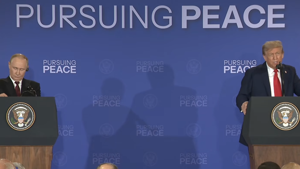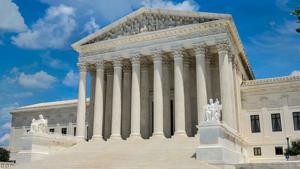Supreme Court rejects bid to overturn H-1B visa rule
The U.S. Supreme Court on Tuesday declined to hear a case challenging a rule that allows spouses of H-1B workers to work in the United States.
In the case, Save Jobs USA challenged a 2015 rule allowing spouses of H-1B workers to get H-4 visas. The rule was put in place by the Obama administration.
“Its definition contains no indication of work authorization, and for forty-five years the executive interpreted it as not permitting work,” a petition to the court reads.
The H-1B program allows businesses to petition for high-skilled foreign workers, typically with at least a bachelor’s degree, to work and live in the United States.
The visa is most often used by companies in the technology industry. In fiscal year 2025, Amazon, Meta and Apple were among the top petitioners for H-1B visas, according to data from the U.S. Citizenship and Immigration Services website.
The high court’s denial to hear arguments in the case comes as President Donald Trump imposed a $100,000 fee on businesses that apply for new H-1B workers. The fee has already been challenged by a group of several unions.
The Department of Homeland Security granted more than 25,000 H-4 visa petitions to spouses of H-1B workers in fiscal year 2024, according to department data.
The District of Columbia circuit court previously rejected Save Jobs USA’s petition to change the rule allowing spouses to work in the country.
“Since announcing its claim of having unlimited authority to permit alien employment, DHS has promulgated regulations authorizing several massive alien employment programs entirely through regulation,” Save Jobs USA’s petition reads.
The petition pointed to the optional practical training program, which allows immigrant students to remain in the country after graduating from a U.S. college or university and before obtaining work authorization through the H-1B program.
“As long as aliens can work in the United States, they can afford to remain in the United States,” the petition reads. “This regulatory transformation of parole has subjected small communities to a huge influx of aliens that the communities have to support with increases in services.”
Latest News Stories
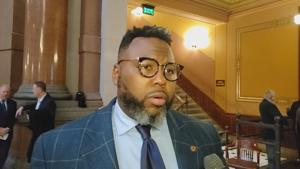
Chicago posts fewest homicides since 2016, arrests rate also declines
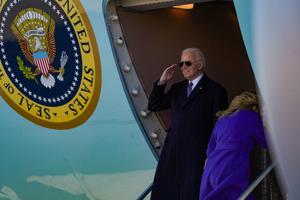
Three years later, Inflation Reduction Act blamed for higher Medicare costs

Illinois quick hits: Prosecutors charge two more in Tren de Aragua case; Senate Energy and Public Utilities Committee meets today; Illinois Little League team loses in World Series
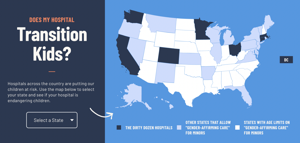
Report: Human Rights Campaign pressures transgender procedures on minors

Everyday Economics: Housing market and Fed policy in focus in the week ahead
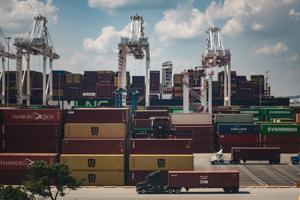
Businesses brace for new tax challenges amid global tariff focus


Illinois takes over health insurance marketplace in 2026 amid skepticism
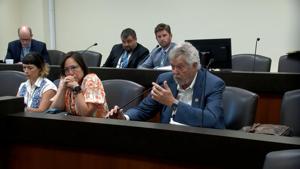
WATCH: IL state reps challenge IEMA-OHS responses to local agencies
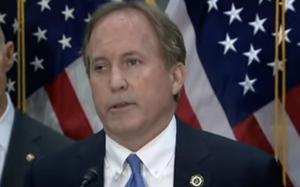
Judge expands restraining order against ‘Beto’ O’Rourke, adds ActBlue

Reversing Biden’s precedent, students complete FAFSA in minutes at beta-testing event

Trump, Zelenskyy to meet Monday in steps toward peace with Russia
